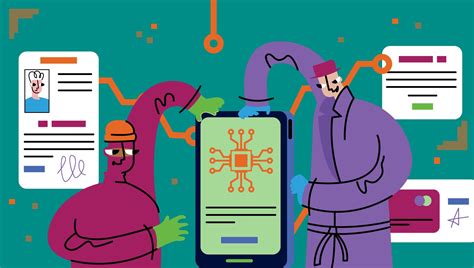The integration of artificial intelligence (AI) into various facets of society has sparked both excitement and apprehension. One area where the implications are particularly profound is academia. The emergence of AI tools capable of generating academic texts has raised significant ethical concerns, challenging the very foundations of scholarly integrity and intellectual ownership.
The allure of AI-generated content lies in its ability to produce seemingly authentic texts that evade detection by plagiarism software. Unlike traditional plagiarism, where passages are lifted from existing sources, AI-generated text is entirely novel, making it virtually impossible to trace back to its origins. While this may seem like a boon for students and researchers seeking to circumvent the laborious process of writing, it poses a grave threat to the integrity of academic discourse.
At the heart of the issue is the question of intellectual ownership. When an AI system generates a piece of text, who holds the rights to that content? Is it the individual who initiated the process, the developers of the AI system, or perhaps no one at all? This ambiguity undermines the fundamental principle of academic authorship, where credit is bestowed upon those who conceive and articulate original ideas.
Furthermore, the proliferation of AI-generated content jeopardizes the credibility of scholarly work. Research rankings, indexing systems, and the academic publishing industry rely on the assumption that published texts are the result of genuine intellectual inquiry. However, when AI enters the equation, this assumption is called into question. How can we trust the validity of research findings if they may be the product of algorithms rather than human ingenuity?
Beyond the ethical implications, the rise of AI-generated academic texts threatens to commodify knowledge and devalue the pursuit of genuine scholarship. In a landscape driven by metrics and quotas, there is a danger of prioritizing quantity over quality, leading to an overproduction of dubious research. Universities risk becoming mere diploma mills, churning out credentials and academic positions without regard for the substance of the knowledge being disseminated.
In light of these challenges, it is imperative that universities reassert their commitment to scholarship and learning. Rather than succumbing to the allure of AI shortcuts, institutions must uphold rigorous standards of academic integrity and foster environments conducive to genuine intellectual inquiry. This entails investing in faculty development, promoting interdisciplinary collaboration, and encouraging critical thinking skills among students.
Moreover, policymakers and academic administrators must grapple with the ethical implications of AI technology and establish guidelines to ensure its responsible use. This may include implementing transparent disclosure requirements for AI-generated content, developing ethical frameworks for AI research, and fostering dialogue between stakeholders to address emerging challenges.
The use of AI to generate academic texts represents a double-edged sword. While it offers potential benefits in terms of efficiency and accessibility, it also poses profound ethical and existential threats to the integrity of scholarship. As we navigate this brave new world of AI-driven innovation, it is essential that we remain vigilant in safeguarding the principles of academic integrity and intellectual ownership upon which our educational institutions are built.



Average Rating